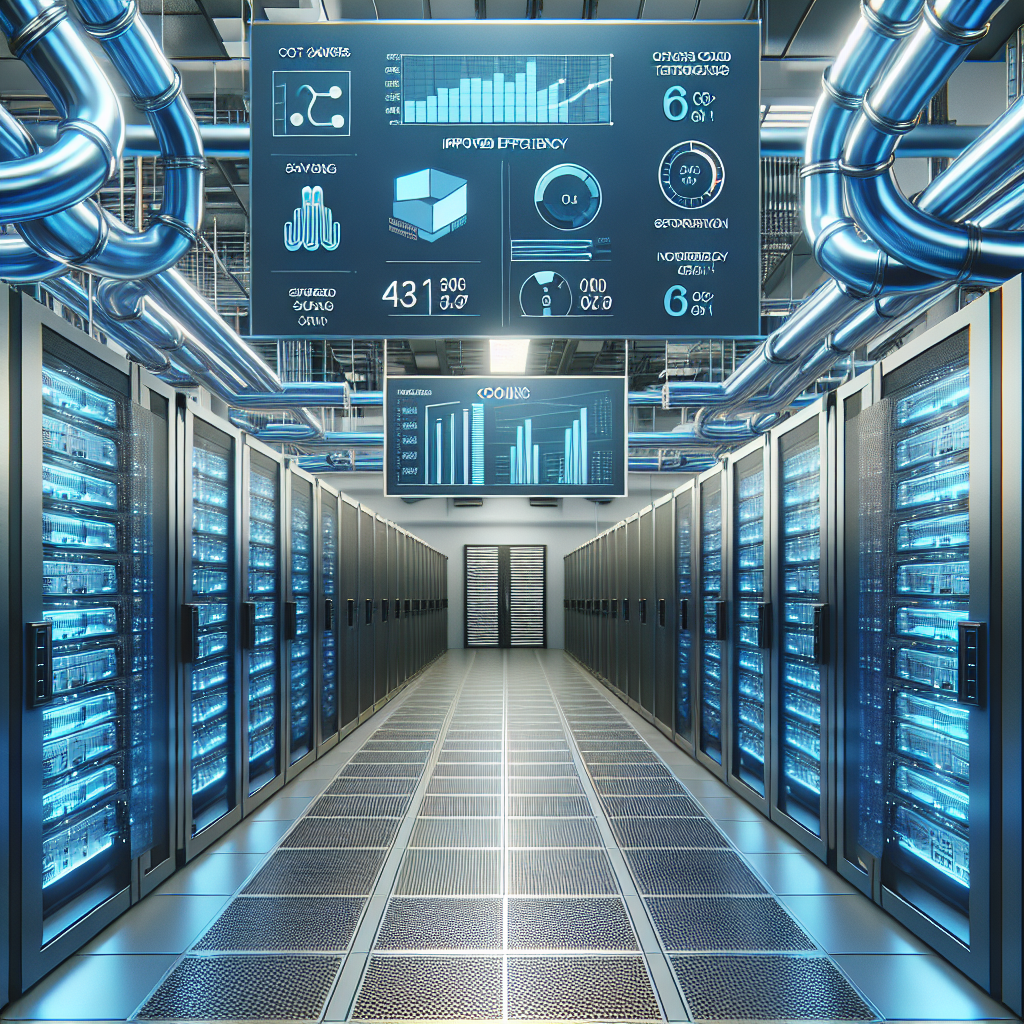The Importance of Data Center Cooling: Strategies for Efficiency and Cost Savings
Data centers are the backbone of modern technology, housing the servers and equipment that power our digital world. As the demand for data storage and processing continues to grow, so too does the need for efficient and cost-effective cooling solutions. Data center cooling is crucial for maintaining the performance and reliability of equipment, as overheating can lead to downtime, equipment failure, and increased energy consumption.
There are several strategies that data center managers can employ to optimize cooling efficiency and save on costs. One of the most effective methods is implementing a hot aisle/cold aisle containment system. By segregating the hot and cold air streams within the data center, this design reduces the mixing of air temperatures and ensures that equipment receives the appropriate cooling. This can result in significant energy savings, as cooling systems can operate more efficiently when they are not trying to cool down hot air.
Another important strategy is to utilize free cooling whenever possible. This involves using outside air or water sources to cool the data center, rather than relying solely on mechanical cooling systems. By taking advantage of natural cooling methods, data centers can reduce their energy consumption and lower operational costs.
Regular maintenance and monitoring of cooling systems is also essential for ensuring optimal efficiency. By keeping equipment clean and well-maintained, data center managers can prevent issues such as airflow blockages and equipment malfunctions that can lead to overheating. Additionally, implementing temperature and humidity sensors can help monitor conditions within the data center and adjust cooling systems accordingly to maintain optimal operating conditions.
Investing in energy-efficient cooling technologies, such as variable speed fans and precision cooling systems, can also help data centers reduce their energy consumption and lower costs. These systems can adjust their output based on the cooling needs of the data center, resulting in more efficient operation and lower energy bills.
Overall, data center cooling is a critical component of maintaining the performance and reliability of equipment, as well as ensuring cost-effective operations. By implementing strategies for efficiency and cost savings, data center managers can optimize cooling systems, reduce energy consumption, and improve the overall performance of their facilities.


